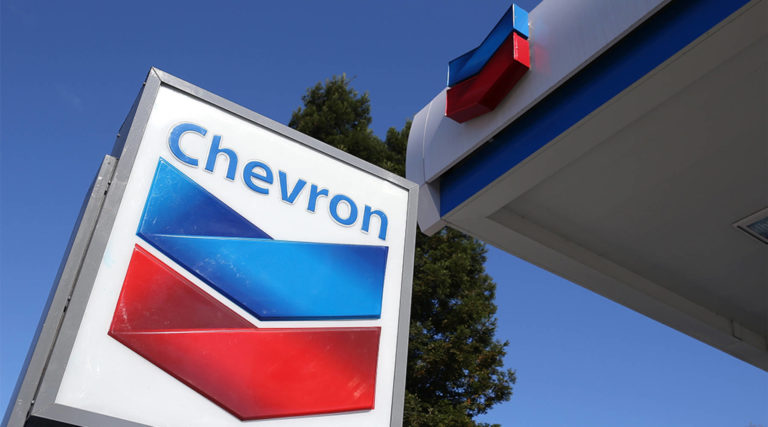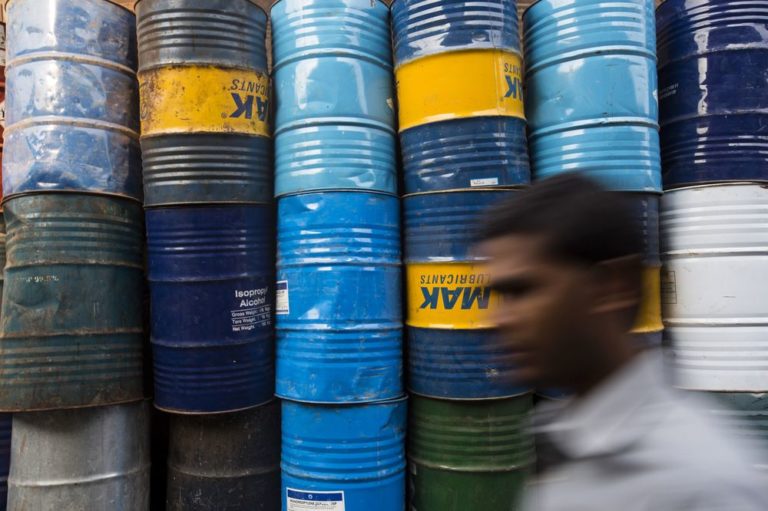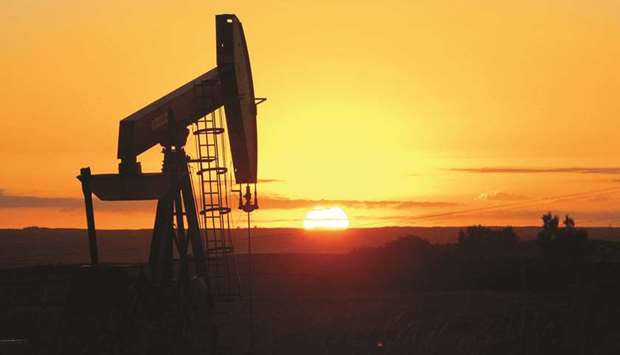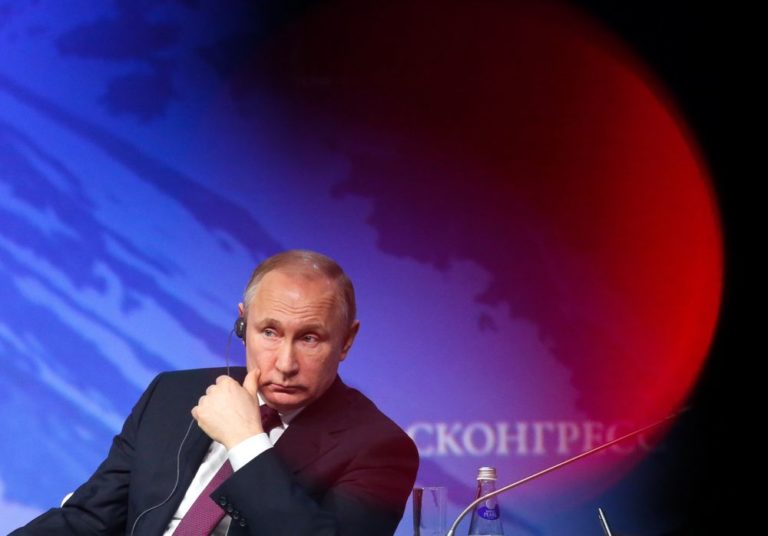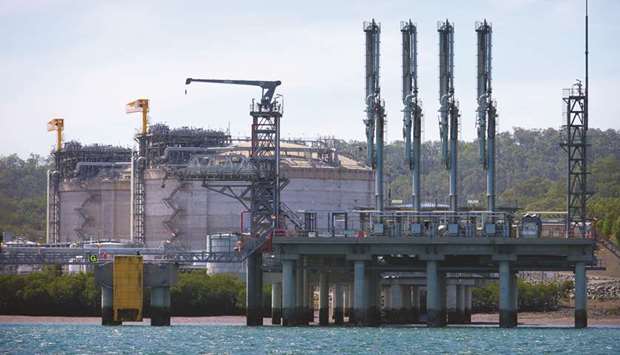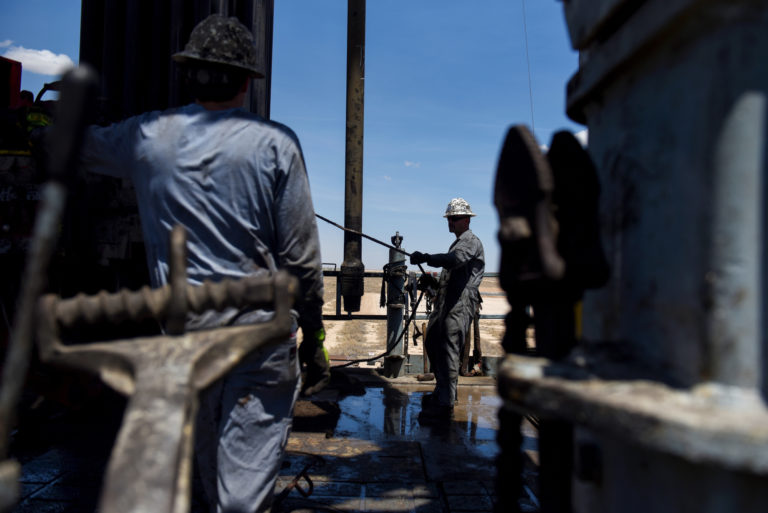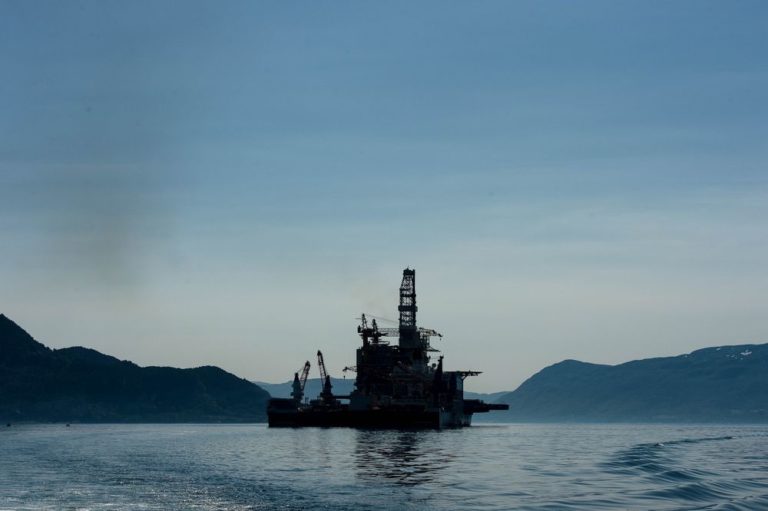GECF lecture focuses on climate change impact on environment
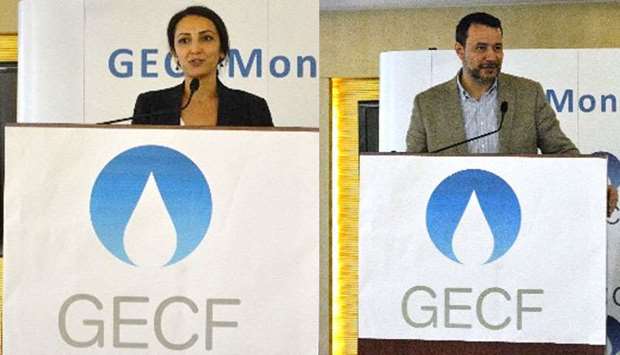
Doha
The Gas Exporting Countries Forum’s (GECF) Monthly Gas Lecture in Doha focused on climate change and was led by two experts from Unesco and Qatar University.
The lecture held at the forum’s headquarters was a result of the collaboration between Unesco’s local office and Qatar University.
In his introduction, GECF secretary-general Dr Yury Sentyurin said, “It is not because we are in this industry that we are not focused on the environment. Quite the contrary. Natural gas is the cleanest fossil fuel and contrary to what some people’s perception is, one of the safest fuels overall. Compared to other fossil fuels, natural gas releases the lowest amount of carbon dioxide into the air after combustion, in fact, 50% less than coal and 20%-30% less than oil.”
“We consider it as our duty to act within the limits of our authority to reverse the consequences of climate change,” Sentyurin added.
Donia Abdelwahed, programme assistant (Science) at the Unesco Cluster Office for GCC and Yemen provided an introduction on Unesco’s work in the field of natural resources management and response to climate change.
Donia said, “We are all to a certain extent responsible for climate change and its impact on the environment. As a society we are all jointly suffering its consequences too.”
She pointed out that “it is part of Unesco’s role to urge stakeholders to strike a balance between development and preservation so that future generations can enjoy the same things we have been able to.”
In the light of their work towards achieving the UN’s Sustainable Development goals, an objective shared by the GECF, Unesco’s Qatar office is collaborating with Qatar University on preservation of the coral reef ecosystem in Qatar.
In line with this, the second part of the lecture was done by Dr Radouan Ben-Hamadou, associate professor (Marine Science) and head, Department of Biological and Environmental Sciences at Qatar University.
The lecture entitled “The use of decommissioned oil and gas platforms for the restoration of the coral reef ecosystem in Qatar” was introduced by Donia.
Ben-Hamadou’s presentation explored the feasibility of the ‘rigs-to-reefs’ concept in Qatar, which turns decommissioned oil and gas platforms into artificial reefs.
He said that even though corals can adapt to extreme environments, they have “reached a breaking point” and are “dying at a rapid rate”.
But he also mentioned that before any changes can be suggested, they need to understand the working of the ecosystem.
This is why they have been working for several years in collaboration with all stakeholders, including industry, to see how man-made structures can be turned from a threat into an opportunity.
Great strides have been made in the process and the opportunity could be a win-win situation for all parties involved, as the rigs-to-reef project will not only restore the ecosystem but could also provide significant savings on decommissioning costs for oil and gas companies.
GECF said, “Considering the forum represents 19 gas producing and exporting countries, jointly covering 70% of the proven global gas reserves, this research is clearly relevant to the GECF. Therefore, in his closing remarks, Sentyurin expressed his support of the initiative and his desire to enhance the Secretariat’s collaboration with Unesco’s Doha office.”
